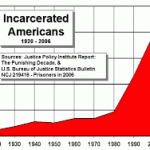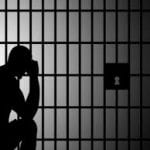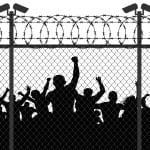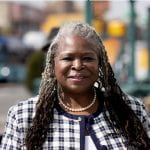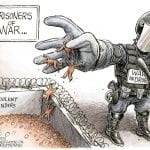
On Friday 25th we interviewed Ross Macdonald. He works as the Chief Medical Officer for Nyc public hospitals. He was seen first hand what its like in jail and how it can effect a persons medical and mental health. This interview we wanted to focus on jails instead of prisons because we have already learned much about mass incarceration and what jail is like.
Something that personally struck me about this interview are male jail stereotypes. He told us that there are lots stereotypes about males in jail that there tuff or dangerous. But he said that they are actually very emotional from what he’s seen. Some other things we learned were: mass incarceration is a tool used to fight against drug use and gun violence, Covid-19 has been a huge risk for incarcerated people and lawyers want to release certain people because the prisons have been over crowded which increases the risk for Covid-19. We learned about male stereotypes in this interview which really taught us a lot.


